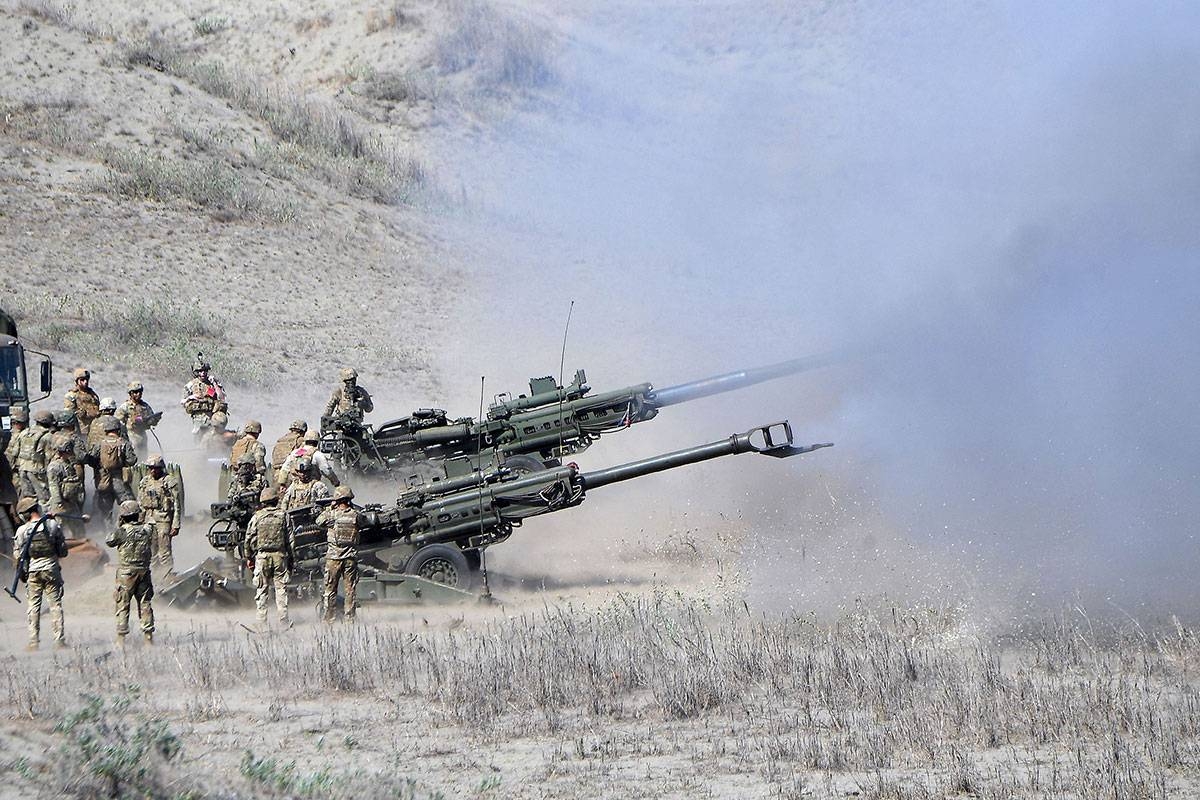President Ferdinand Marcos Jr. Rejects Water Cannons on Philippine Ships in the West Philippine Sea
President Ferdinand Marcos Jr. announced on Monday that the Philippines would not be installing water cannons on its ships sailing through the West Philippine Sea (WPS). In response to recent Chinese attacks on Philippine vessels, President Marcos emphasized that the country’s focus is on defending its sovereign rights and sovereignty in the WPS, rather than engaging in offensive measures.
China’s Assertive Actions in the West Philippine Sea
Despite an international tribunal ruling that China’s claims over most of the West Philippine Sea have no legal basis, Beijing has continued to dispatch hundreds of coast guard and other vessels to assert its dominance in the region. The most recent confrontation occurred on April 30, when the China Coast Guard used high-pressure water cannons to damage a Philippine Coast Guard (PCG) ship and another government vessel that were providing essential supplies to Filipino fishermen at Ayungin (Scarborough) Shoal.
The Philippines’ Diplomatic Response
The Philippine government, under President Marcos’ leadership, has chosen not to respond to China’s aggression with similar tactics. Instead, the country’s strategy is to expose and seek international condemnation of Beijing’s behavior in the South China Sea, with the aim of encouraging united efforts to ensure freedom of navigation in the strategic waterway. The Philippines will continue to assert its rights in the WPS through diplomatic means and will not resort to using offensive weapons against anyone.
Manila’s approach is to file diplomatic protests consistently to address China’s aggression within its territorial waters. The country also relies on its mutual defense treaty with the United States, and there has been speculation about whether the recent confrontations between Philippine and Chinese vessels could trigger U.S. intervention. President Marcos revealed that U.S. Defense Secretary Lloyd Austin had given assurances that the treaty would be invoked if a foreign power were to kill a Filipino soldier.
Support for President Marcos’ Decision
While some have suggested equipping Philippine Coast Guard ships with water cannons as a countermeasure against Chinese aggression, President Marcos has received support for his decision to abstain from employing such offensive measures. Senate Minority Leader Aquilino Pimentel III proposed the use of water cannons, but Senator Jinggoy Estrada expressed his agreement with the president’s stance. Estrada commended President Marcos for prioritizing stability, diplomacy, and the long-term interests of the country. He emphasized the importance of asserting rights through diplomatic means and safeguarding territorial integrity and maritime rights.
Estrada, as the chairman of the Committee on National Defense and Security, stressed the crucial duty of the Philippine Navy and the PCG in protecting the country’s territorial integrity and maritime interests. He called for a rule-based approach in safeguarding these rights.
In conclusion, President Ferdinand Marcos Jr. has firmly stated that the Philippines will not resort to using water cannons or any offensive measures in response to Chinese aggression in the West Philippine Sea. The country’s focus remains on defending its sovereign rights and sovereignty through diplomatic means. The Philippines will continue to seek international support to address China’s behavior and ensure freedom of navigation in the region.







